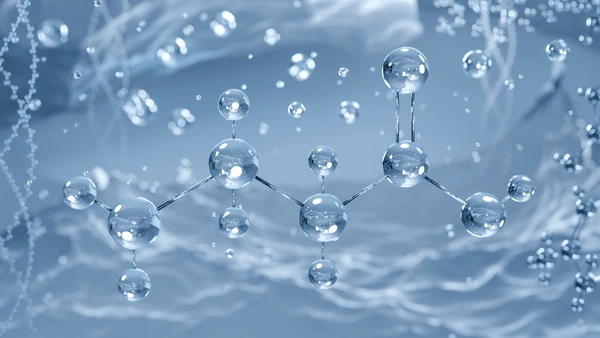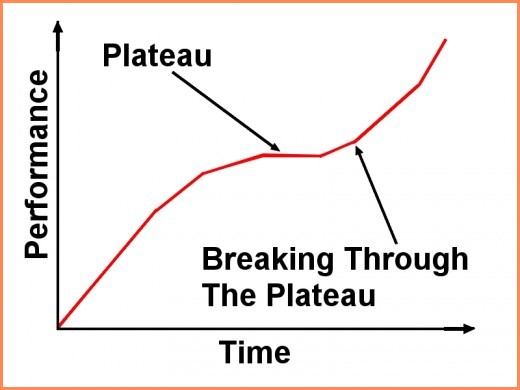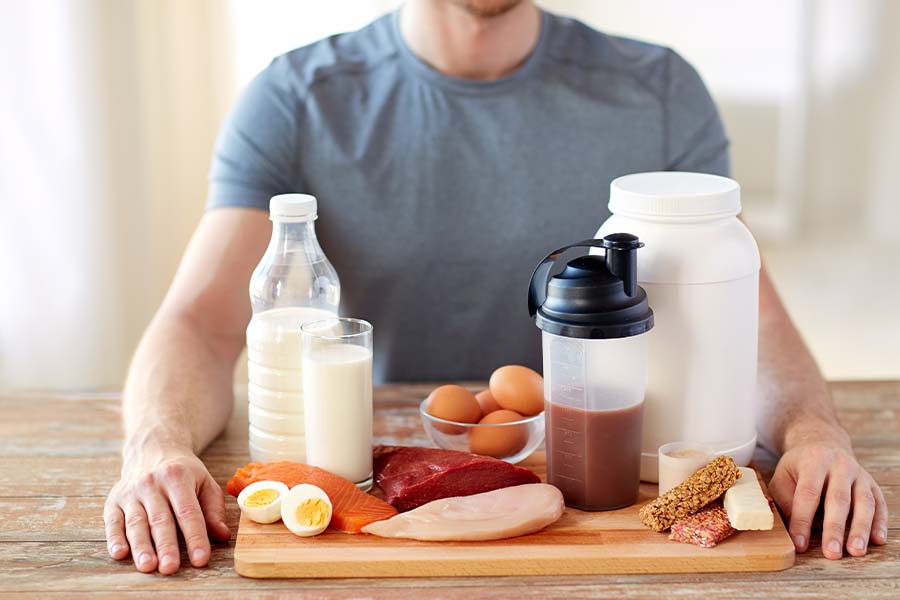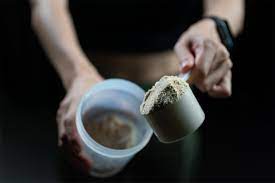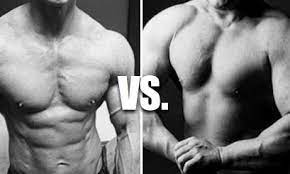The Power of Amino Acids to Maximise your Fitness Gains
Unlock the secrets to superior fitness by harnessing the transformative power of amino acids. These essential building blocks of protein play a pivotal role in elevating your performance and recovery, making them a crucial component of any effective fitness regimen. In this article, we’ll explore how they integrated into your routine can take your fitness gains to new heights, providing insights into their role beyond muscle development.
Muscle Synthesis
Amino acids play a crucial role in muscle synthesis, the process through which your body repairs and builds new muscle tissues. Leucine, isoleucine, and valine, often referred to as branched-chain amino acids (BCAAs), are particularly instrumental in promoting muscle growth and reducing exercise-induced muscle damage.
Enhanced Endurance
It is also renowned for their role in post-exercise recovery. They aid in the repair of muscle tissues, reducing soreness and promoting a faster recovery process. Including this compund in your post-workout nutrition can significantly decrease the downtime between training sessions, ensuring you stay on track toward your fitness goals.
Accelerated Recovery
Amino acids are renowned for their role in post-exercise recovery. They aid in the repair of muscle tissues, reducing soreness and promoting a faster recovery process. Including this compound in your post-workout nutrition can significantly decrease the downtime between training sessions, ensuring you stay on track toward your fitness goals.
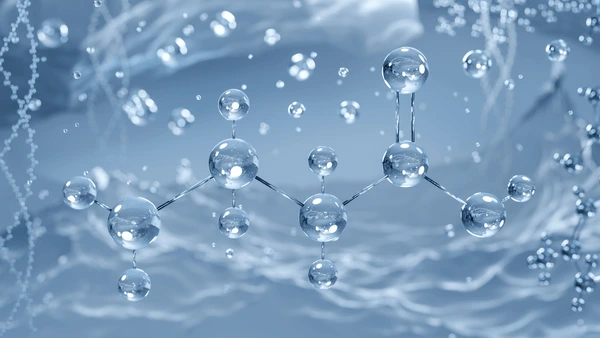
In conclusion, understanding and incorporating this compound into your fitness routine can be a game-changer. From supporting muscle synthesis to enhancing endurance and expediting recovery, the benefits are substantial. To maximize the impact, consider incorporating amino acid-rich foods into your diet or exploring high-quality supplements. Remember, balance is key, and consulting with a healthcare professional or nutritionist can help tailor your amino acid intake to your specific fitness needs. Elevate your fitness journey with the strategic inclusion of amino acids and experience the difference in your overall performance and recovery.
Gain a deeper understanding of the physiological impact of this compound, covering areas such as endurance, muscle synthesis, and post-exercise recovery. The NIH Fact Sheet MedlinePlus – Amino Acids offers a reliable, evidence-based overview, providing valuable information to enhance your knowledge of this compound and their contributions to overall health and fitness.

